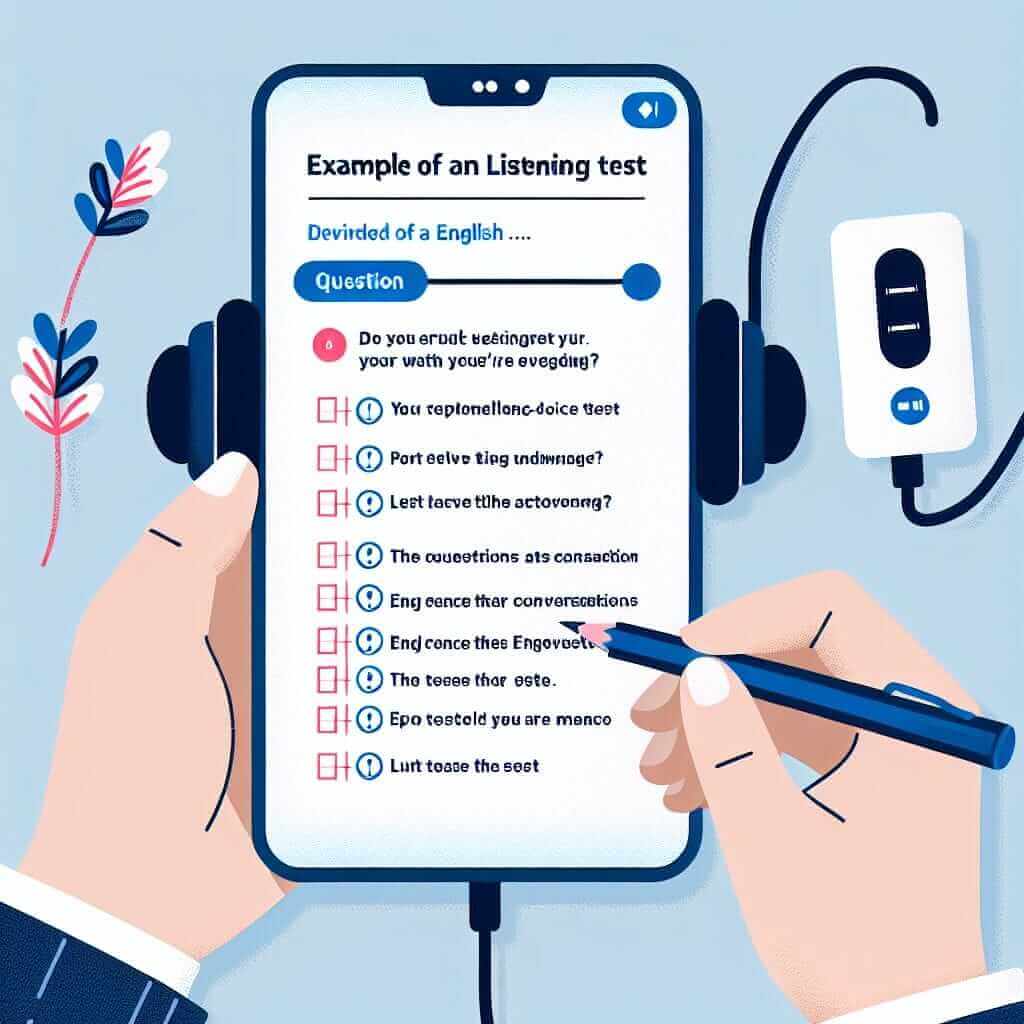As an IELTS instructor with over 20 years of experience, I understand the significance of the IELTS Listening test and the curiosity surrounding score calculation. This comprehensive guide will demystify the process, providing you with clarity and boosting your confidence for this crucial section.
Understanding the IELTS Listening Score
The IELTS Listening test assesses your ability to comprehend spoken English in various contexts. It comprises 40 questions, each carrying one mark. Your raw score (the number of correct answers) is then converted into a band score on a scale of 1 to 9, with 9 being the highest.
How the Conversion Works
The conversion from raw scores to band scores is not linear and varies slightly between tests depending on their difficulty. Essentially, each raw score corresponds to a specific band score, determined by pre-set criteria.
For instance, achieving 30 out of 40 might equate to a band 7 in one test, while the same raw score could translate to a band 6.5 in another, depending on the overall difficulty level.
Why Your Score Matters
Your IELTS Listening band score directly impacts your overall IELTS band score, which is crucial for university admissions, visa applications, and professional registrations. Understanding the scoring system helps you strategize your preparation and aim for your desired band.
Strategies for Maximizing Your Score
While you can’t predict the exact conversion table for your specific test, focusing on maximizing your raw score is key. Here are some proven strategies:
1. Mastering Different Question Types
Familiarize yourself thoroughly with the various question types, including multiple choice, sentence completion, note-taking, and diagram labeling. Each type demands unique comprehension and response skills.
2. Developing Active Listening Skills
Cultivate the ability to identify key information, follow conversations, and understand different accents. Regular practice with diverse English audio materials is crucial.
3. Honing Your Spelling and Grammar
Remember, even with correct comprehension, spelling errors can affect your score. Pay close attention to spelling and grammar while transferring your answers.
4. Utilizing Practice Tests Effectively
Regularly practice with official IELTS Listening tests under timed conditions. This familiarizes you with the test format and helps identify your strengths and weaknesses.

Example from a Real IELTS Listening Test
Let’s look at a sample question from a past IELTS Listening test:
Recording: “The museum will be closed for renovations from the 15th of July until the end of August.”
Question: The museum will be closed for:
A. Two weeks
B. Three weeks
C. Six weeks
D. Eight weeks
Answer: C. Six weeks
This example highlights the importance of attentive listening, understanding dates and durations, and careful answer selection.
Conclusion
Calculating your exact IELTS Listening score beforehand is impossible due to the conversion system. However, by focusing on consistent practice, mastering question types, and refining your listening skills, you can significantly boost your raw score, paving the way for your desired band and achieving your IELTS goals.